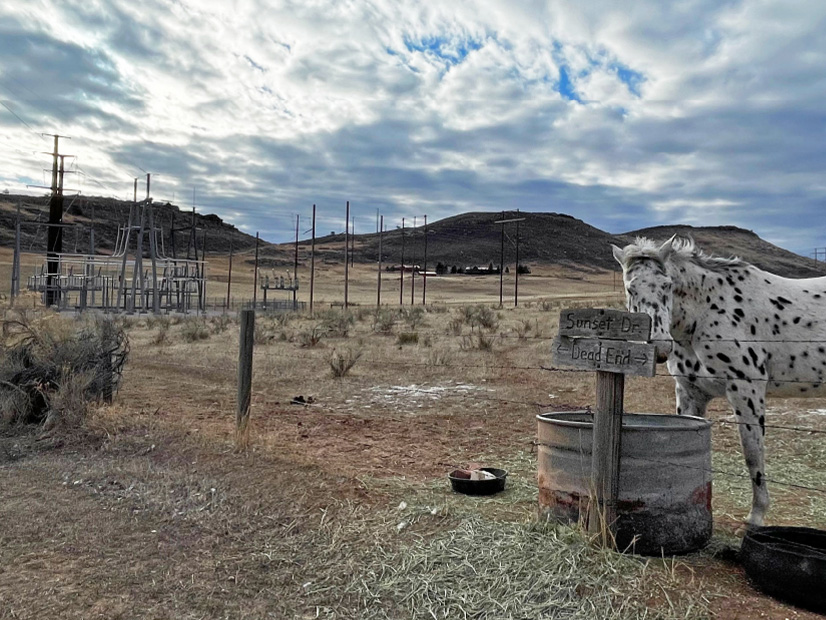
FERC last week rejected United Power’s request for clarification and to provide Tri-State Generation and Transmission Association with a nonbinding, conditional withdrawal notice (ER21-2818).
The commission agreed with Tri-State’s position that conditional withdrawal notices are not permitted under its contract termination payment (CTP) tariff that FERC accepted in November 2021. (See FERC Accepts Tri-State’s Exit Fee Calculation.)
United provided its conditional withdrawal notice in December and sought clarification from the commission that utility members may begin the two-year advance notice withdrawal period under the currently effective tariff, such that it could rescind its notice at any point up to its January 2024 withdrawal date.
The commission agreed with Tri-State’s contention that conditional, nonbinding or revocable notices of intent to withdraw were not valid under its CTP tariff. It said that conditional notices would create significant risk to remaining members and hamper its ability to plan for withdrawals.
“We find that the conditional notices of withdrawal that have so far been provided to Tri-State are invalid, because the tariff does not permit such conditional notices,” FERC said.
The commission said that “as the all-requirements supplier to its utility members, Tri-State has an obligation to acquire sufficient capacity for all its utility members, and significant uncertainty regarding this amount could have cost impacts for all Tri-State utility members.”
The order also covered conditional notices filed by Poudre Valley Rural Electric Association and Northwest Rural Public Power District. Along with United, the cooperatives comprise about 30% of Tri-State’s peak load, preventing it from reliable system planning given the uncertainty over the load’s continued inclusion in two years.
“FERC’s order supports the important principles of fairness and equity for all of our cooperative members, ensuring remaining members are unharmed should another member pursue the early termination of its long-term, all-requirements power contract,” Tri-State CEO Duane Highley said in a statement.
Tri-State’s first CTP methodology filing was submitted in April 2020. FERC accepted it subject to refund but also established hearing and settlement judge procedures. The process was repeated several times as the co-op filed policies and other calculation methods in response to member protests.
Last May, FERC rejected the CTP methodology without prejudice, leading to Tri-State’s latest filing in September. Many of the complaints centered on members being able to see the calculations. (See FERC Rejects Tri-State Exit Fee Proposal.)
Members seeking to terminate their wholesale electric service contracts and co-op membership must provide a two-year advance notice of their intention and pay its CTP to Tri-State on the withdrawal date.
Tri-State has 45 members, including 42 utility distribution cooperatives and public power district members in four states that supply power to more than 1 million electricity consumers across nearly 200,000 square miles of the West.
FERC has scheduled a hearing next month on the CTP tariff.



